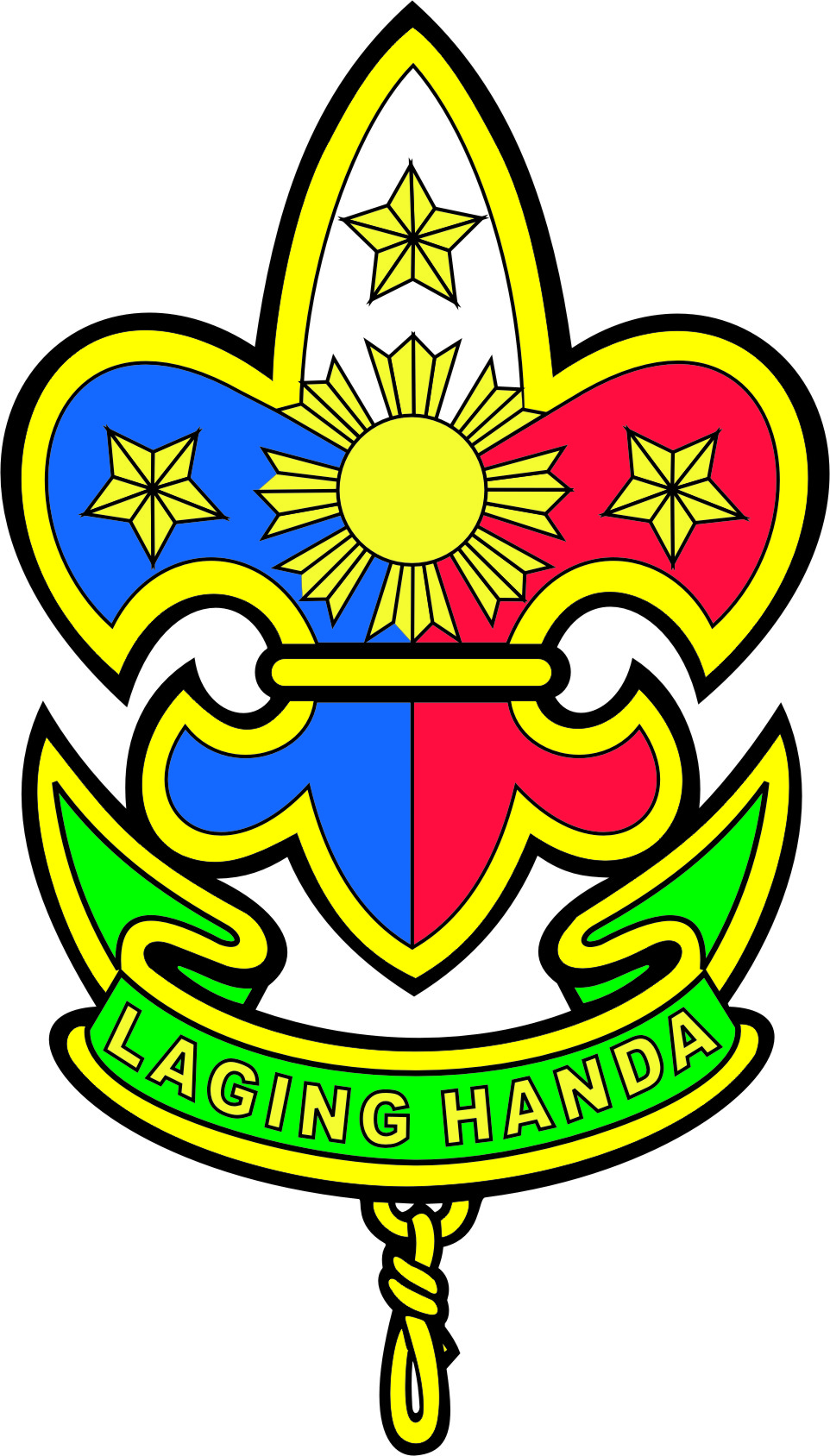

THE BIRTH OF THE BOY SCOUTS OF THE PHILIPPINES
Scouting was brought to the Philippines by American soldiers following their occupation of the country in the early 20th century. There were accounts of the presence of Boy Scouts in Manila as early as 1912 as backed by the proceedings of the first BSA National Council Meeting in 1911 and an article in the Boy Scout Story, a book on the beginnings of Scouting in America, published in 1955.
Plans of forming Scouting troops for Filipino boys came from Mrs. Caroline S. Spencer, an American widow doing charity works with the natives in Sulu with Lt. Sherman L. Kiser, a young second lieutenant assigned to arrange her transportation and accommodation for her charity work. Upon seeing small boys wandering aimlessly during one of their trips, Mrs. Spencer floated the idea of organizing Boy Scout troops to Lt. Kiser.
The two discussed and planned the matter seriously, but because of Lt. Kiser’s reassignment to Zamboanga and Mrs. Spencer’s return to the United States, their plan in Sulu never materialized. In Zamboanga, Lt. Kiser observed the same aimless behavior of boys and decided to push their plan of forming Boy Scout troops. And so, the first Filipino troop consisting of 26 boys was formed on November 15, 1914. This troop was named Lorillard Spencer in honor of Mrs. Spencer’s son, who was a Boy Scout.
Another formation was documented in 1922 when 16-year old Celso Mirafuente formed a troop in Boac, Marinduque based on BSA handbook and clippings from the Boy's Life magazine that came into his possession. This led to the recognition of Mirafuente as the pioneer of Scouting in the province. Through the initiative of the Rotary Club of Manila, in cooperation with other civic oriented groups like the Young Men’s Christian Association, Knights of Columbus, Masons, Elks, the Filipino and Chinese Chambers of Commerce, the United States Army, Catholic and Protestant Churches, and the American Legion, Scouting was officially established in the country as the Philippine Council of the Boy Scouts of America (BSA).
The Council was chartered as a first class council on December 27, 1923, and its jurisdiction was elevated to a national scope instead of being concentrated only in Manila as originally requested. Being part of the BSA, Scouting programs were administered through the BSA executives from the National Office in New York.
The first full-time executive was A.S. MacFarlane. He was later succeeded by Ernest E. Voss, who held the position until the effectivity of the turnover of the Council to the BSP on January 01, 1938. Col. Joseph E.H. Stevenot worked for the speedy Filipinization of Scouting. Under his stewardship, the Philippine Council – BSA prepared the BSP bill and petitioned its enactment from the National Assembly to the Office of the President. The BSP bill was sponsored by Iloilo Assemblyman Tomas Confesor and was signed into law as Commonwealth Act. No. 111 by President Manuel L. Quezon on October 31, 1936, creating the Boy Scouts of the Philippines as a public corporation with the purpose of promoting “the ability of boys to do useful things for themselves and others, to train them in Scoutcraft, and to teach them patriotism, courage, self-reliance, and kindred virtues, using the methods which are in common use by boy Scouts.”
The founding members of the Boy Scouts of the Philippines are Joseph Emile H. Stevenot, Arsenio N. Luz, Carlos P. Romulo, General Vicente Lim, Judge Manuel R. Camus, Jorge B. Vargas and Gabriel A. Daza.
On January 01, 1938, the inauguration of the Boy Scouts of the Philippines was held in front of the Legislative Building in Manila, with Exequiel Villacorta taking over as Chief Scout Executive, equivalent to the position of today’s Secretary General. J.E.H. Stevenot served as the first President of the BSP, with Jorge B. Vargas as First Vice President, Carlos P. Romulo as Second Vice President, General Vicente Lim as Treasurer, Judge Manuel R. Camus as National Scout Commissioner, Exequiel Villacorta as Chief Scout Executive, and Severino V. Araos as Deputy Chief Scout Executive.
Several years after Commonwealth Act. No. 111, with its subsequent amendments under Presidential Decree No. 460 and Republic Act No. 7278, the Boy Scouts of the Philippines continues to strive in pursuing its mission – to inculcate in our Scouts love of God, country and fellowmen; to prepare the youth for responsible leadership; and to contribute to nation-building according to the ideals, principles and programs of Scouting.
To help the youth develop values and acquire competencies to become responsible citizens and capable leaders anchored on the Scout Oath and Law.
Foremost in preparing the youth to become agents of change in communities, guided by the Scout Oath and Law.
Maka-Diyos Maka-Tao Maka-Bansa Maka-Kalikasan
| POSITION | NAME |
|---|---|
| No results found | |